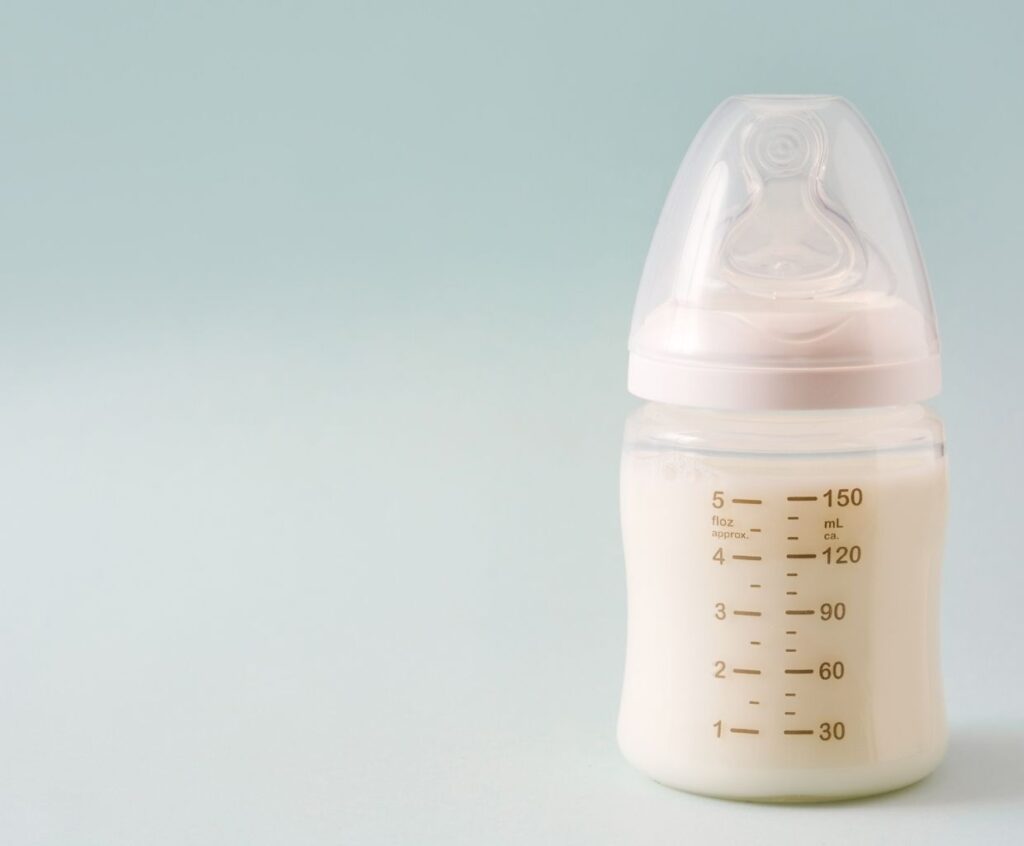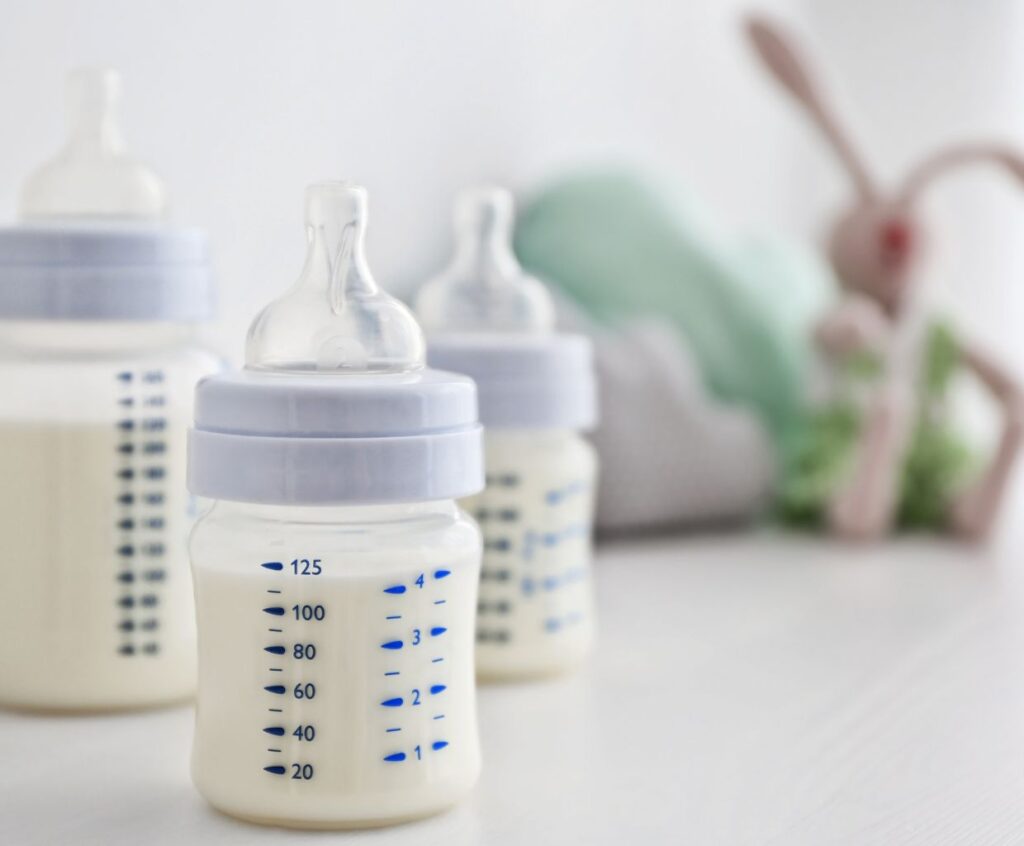Exploring Breast Milk Sourcing: Where to Buy Donor Milk Safely and Responsibly
When it comes to feeding newborns, breast milk is often regarded as the best source of nutrition. However, not all mothers can produce enough milk or have certain medical conditions preventing breastfeeding. In such cases, donor milk becomes a viable option.
Donor milk is breast milk that is generously provided by lactating mothers with an excess supply. But where can one buy donor milk safely and responsibly? Let’s explore some options.

Online Marketplaces
With the rise of the internet, online marketplaces have become a popular platform for buying and selling various products, including breast milk. Many websites now connect lactating mothers with surplus milk and those in need.
However, it is crucial to exercise caution when using these platforms. Look for reputable websites with strict donor screening processes and ensure the milk is tested for safety.
Human Milk Banking Associations
Human milk banks collect, screen, process, and distribute donor breast milk to needy infants. They follow stringent protocols to ensure the safety and quality of the milk provided.
These milk banks work closely with healthcare professionals and can be a reliable source of donor milk. Contact your local human milk banking association to inquire about purchasing donor milk.
Community Milk Sharing Networks
Community milk-sharing networks are women sharing breast milk within their community. Unlike formal milk banks, these networks operate on a more informal basis. While they may not have the same level of screening and testing as milk banks, they can still provide a viable option for obtaining donor milk.
Establishing trust and open communication with other mothers in the network is essential to ensure safety and responsibility.
Considerations for Safe and Responsible Sourcing
-
- Always prioritize safety and quality when sourcing donor milk.
-
- Thoroughly research and verify the source before making a purchase.
-
- Ensure the milk has been adequately screened and tested for diseases and contaminants.
-
- Discuss any concerns or questions with healthcare professionals.
-
- Establish a relationship with the donor or milk bank to maintain communication and transparency.
Remember, their health and well-being should always be the top priority when it comes to feeding infants. By exploring safe and responsible options for sourcing donor milk, parents can provide their babies with the benefits of breast milk even if they cannot produce it themselves.
What are the key factors when sourcing donor breast milk to ensure safety and responsibility?
When sourcing donor breast milk, it is crucial to consider the following key factors to ensure safety and responsibility:
1. Donor Screening: Implement a thorough screening process for potential donors. This should include health questionnaires, medical history assessments, and screening for infectious diseases like HIV, hepatitis B and C, syphilis, and human T-cell lymphotropic virus.
2. Milk Collection and Handling: Ensure that donors follow proper hygiene practices during milk collection and handling. This includes washing hands before expressing milk, using sterile containers for collection, and storing milk at the appropriate temperature.
3. Storage and Transport: Proper storage and transportation of donated breast milk is essential to maintain its freshness and safety. Donors should follow guidelines for freezing and thawing milk and transport it in insulated containers with ice packs to maintain the required temperature.
4. Pasteurization: Consider pasteurizing donated breast milk to eliminate potential pathogens and ensure its safety. Pasteurization involves heating the milk at a specific temperature for a defined period to kill bacteria and viruses while preserving most of its nutritional value.
5. Testing for Contaminants: Regularly test donated breast milk for contaminants such as bacteria, yeast, and mold. This helps ensure the milk’s safety and prevent potential health risks for the recipient.
6. Donor Privacy and Confidentiality: Maintain strict privacy and confidentiality protocols to protect the identity of both donors and recipients. This includes secure data management systems and adherence to legal and ethical guidelines regarding donor information.
7. Donor-Recipient Matching: Consider the needs and preferences of the recipient when matching them with a donor. This may involve the baby’s age, specific medical conditions or allergies, and the donor’s nutritional profile.
8. Education and Support: Provide education and support to both donors and recipients. This can include information on proper milk expression techniques, storage guidelines, and potential risks and benefits of using donated breast milk.
9. Donor-Recipient Communication: Encourage open and transparent communication between donors and recipients. This allows for any concerns or questions to be addressed promptly and helps to build trust and accountability.
10. Regular Evaluation and Quality Assurance: Establish a system for regular evaluation and quality assurance to ensure compliance with ongoing safety and responsibility standards. This can involve periodic audits, feedback mechanisms, and continuous improvement processes.
How can individuals determine the reliability and credibility of providers when purchasing donor breast milk?
When purchasing donor breast milk, individuals can take the following steps to determine the reliability and credibility of providers:
1. Research the provider: Find reputable providers with a good track record and positive reviews. Check if they have been in business significantly and have certifications or accreditations.
2. Ask for detailed information: Contact the provider and ask for detailed information about their donor screening process, collection methods, storage, and transportation procedures. A reliable provider will be transparent and willing to share this information.
3. Check for Compliance with safety guidelines: Inquire if the provider follows safety guidelines set by regulatory bodies such as the Human Milk Banking Association of North America (HMBANA) or other local organizations. Compliance with these guidelines ensures proper handling and Pasteurization of the milk.
4. Request test results: Ask the provider for test results of the donor milk, including screenings for diseases such as HIV, hepatitis B and C, and syphilis. A credible provider will have these tests regularly conducted on their donor milk.
5. Seek recommendations: Ask for recommendations from healthcare professionals, lactation consultants, or other parents who have purchased donor breast milk. Their experiences and suggestions can help identify reliable providers.
6. Evaluate packaging and labeling: Check if the provider uses appropriate packaging and labeling, including precise expiration dates, batch numbers, and proper storage instructions. This indicates professionalism and attention to detail.
7. Consider pricing: While cost is not necessarily an indicator of reliability, meager prices may raise suspicions. Compare prices among different providers to understand the average cost and avoid providers with significantly lower prices.
8. Trust your instincts: If something feels off or if the provider’s practices raise concerns, it’s essential to trust your instincts. Look for alternatives or consult with healthcare professionals for guidance.
Remember, when it comes to purchasing donor breast milk, the safety and health of the baby should always be the top priority.

